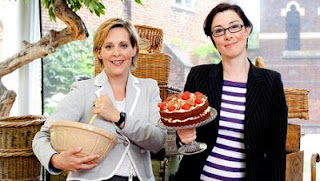Sleep: How Important is it really?

Sleep is absolutely critical to our physical and mental well-being. Without sufficient sleep, we may find it difficult to concentrate, struggle to perform easy tasks and become bad tempered. Sleeping is good for the immune systems, it provides our bodies with time and energy to heal and recuperate and it balances our hormones and keeps our brains functioning. photo credits: freedigitalphotos.net Large numbers of people, however, suffer from sleep disorders. There are those who, even though they feel exhausted, find it difficult to fall off to sleep and there are those who wake up too early and are unable to go back to sleep. Due to the number of people suffering from sleep problems, there have been plenty of studies and help is at hand. Sleep problems are often linked to other illnesses and diseases such as depression and chronic fatigue syndrome. What we eat and drink before bed as well as anxiety and worry can also be a factor.
